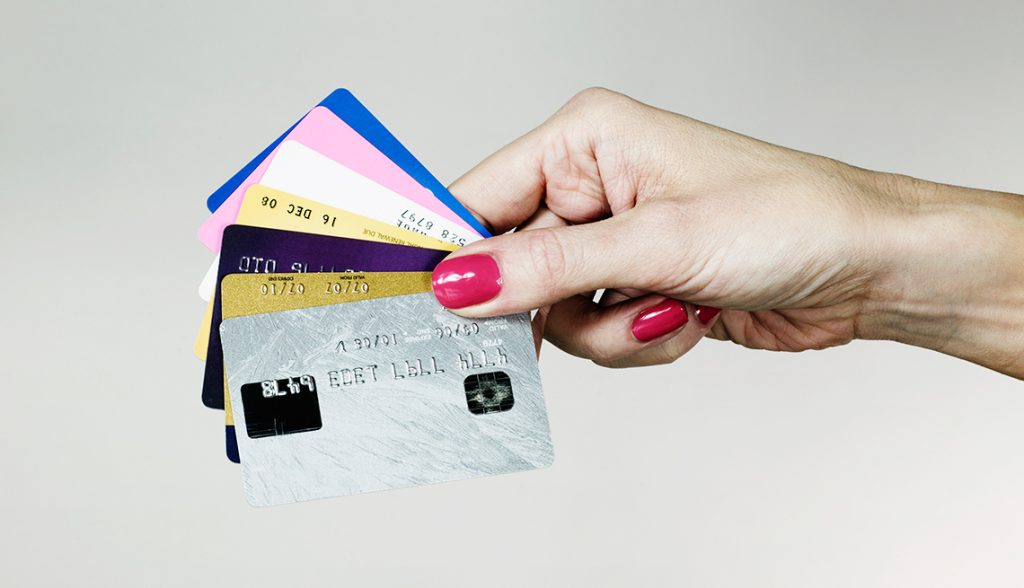When it comes to managing finances, choosing between a credit card and a debit card is a common dilemma. Understanding the nuances between these two plastic companions can be the key to smarter money management. In this guide, we delve into the core differences and uncover why opting for a credit card might be the more prudent choice. Armed with this knowledge, consumers can make informed decisions that enhance their financial health over time. By understanding these differences and choices, you’ll gain an edge in the world of personal finance.
The fundamental divergence between credit and debit

The primary distinction between a credit and a debit card lies in how transactions are funded. A debit card draws directly from your bank balance. Each swipe reduces the amount you have readily available in your bank account. This makes a debit card more akin to digital cash. This means each purchase made with a credit card can be paid back over time, usually with interest, offering a line of credit and increasing financial flexibility.
While debit cards are convenient for direct access to your funds without the need for cash, they limit spending to the amount you actually have in your account. Conversely, credit cards offer the potential to make purchases even when immediate funds are lacking. Furthermore, credit cards often have additional features and benefits, such as reward programs, purchase protection, and travel perks, which can add significant value when used responsibly.
Building credit history
A significant advantage of using credit cards is the opportunity to build a solid credit history. Each transaction and timely payment is reported to credit bureaus, helping to establish a positive credit score over time. A robust credit history is crucial for accessing larger lines of credit in the future, such as car loans or mortgages. Debit cards, on the other hand, have no impact on your credit score since no borrowing or repayment cycle is involved.
Moreover, a strong credit score can lead to better interest rates on loans and increased lending limits, making future financial endeavors more affordable. Credit cards, when paid off in full monthly, showcase a responsible use of borrowed money. In essence, using credit cards wisely not only supports current spending with various perks but also lays the groundwork for future financial success.
Security and fraud protection
Another area where credit cards often outshine debit cards is in security and fraud protection. Credit cards generally offer better safeguards against unauthorized transactions. In many cases, liability is limited to a small amount if fraudulent activity is reported promptly. Additionally, many issuers provide zero liability policies, adding an extra layer of peace of mind for consumers.
Debit cards, linked directly to bank accounts, can pose a significant risk if compromised. Unauthorized transactions can result in instant depletion of funds, which may take time to recover as disputes are resolved. Furthermore, credit card companies typically provide more advanced procedures for dispute resolution and chargeback capabilities, ensuring consumers have multiple avenues for protection.
The advantages of using credit wisely
Credit cards, when used judiciously, can offer numerous benefits that extend beyond convenience. These advantages encourage consumers to develop disciplined financial habits that can pay dividends over the long term. From earning rewards to enjoying travel benefits, smart credit use can enhance the way you manage your money every day. Each transaction presents an opportunity to earn points or cashback through various reward programs.
Many credit cards tailor their rewards to specific spending habits, allowing users to maximize their benefits based on personal preferences. Whether you favor travel, dining, or shopping, there’s likely a rewards card that suits your lifestyle. Aside from tangible rewards, credit cards often provide protection against unforeseen circumstances, such as travel insurance and purchase guarantees.
Developing responsible spending habits
A mindful approach to using a credit card fosters responsible spending habits, a practice that can greatly benefit one’s financial well-being. By tracking expenditures and setting budgets, individuals can maintain control over their financial landscape. Furthermore, paying off the full balance each month prevents interest accumulation, allowing the use of credit without additional cost. This disciplined approach not only prevents debt but also positively impacts credit scores, furthering financial prospects. Establishing such habits early can establish a solid foundation for future financial endeavors. Credit cards thus become a tool for personal financial growth, teaching users to balance short-term convenience with long-term goals.
Maximizing perks and rewards
Leveraging credit card perks and rewards requires a strategic approach, enabling consumers to extract maximum value from their spending. Identifying cards that align with spending habits is the first step towards maximizing benefits. Additionally, promotional offers and signup bonuses can amplify returns on early use, often offsetting fees associated with premium cards.
Keeping informed about promotional offers ensures users don’t miss opportunities for expanded value. Regularly reassessing the benefits of current cards can further optimize rewards by ensuring alignment with any changes in spending behavior. By approaching credit card use with an analytical mindset, consumers can turn everyday spending into an avenue for greater financial efficiency, ultimately enhancing their purchasing power.




